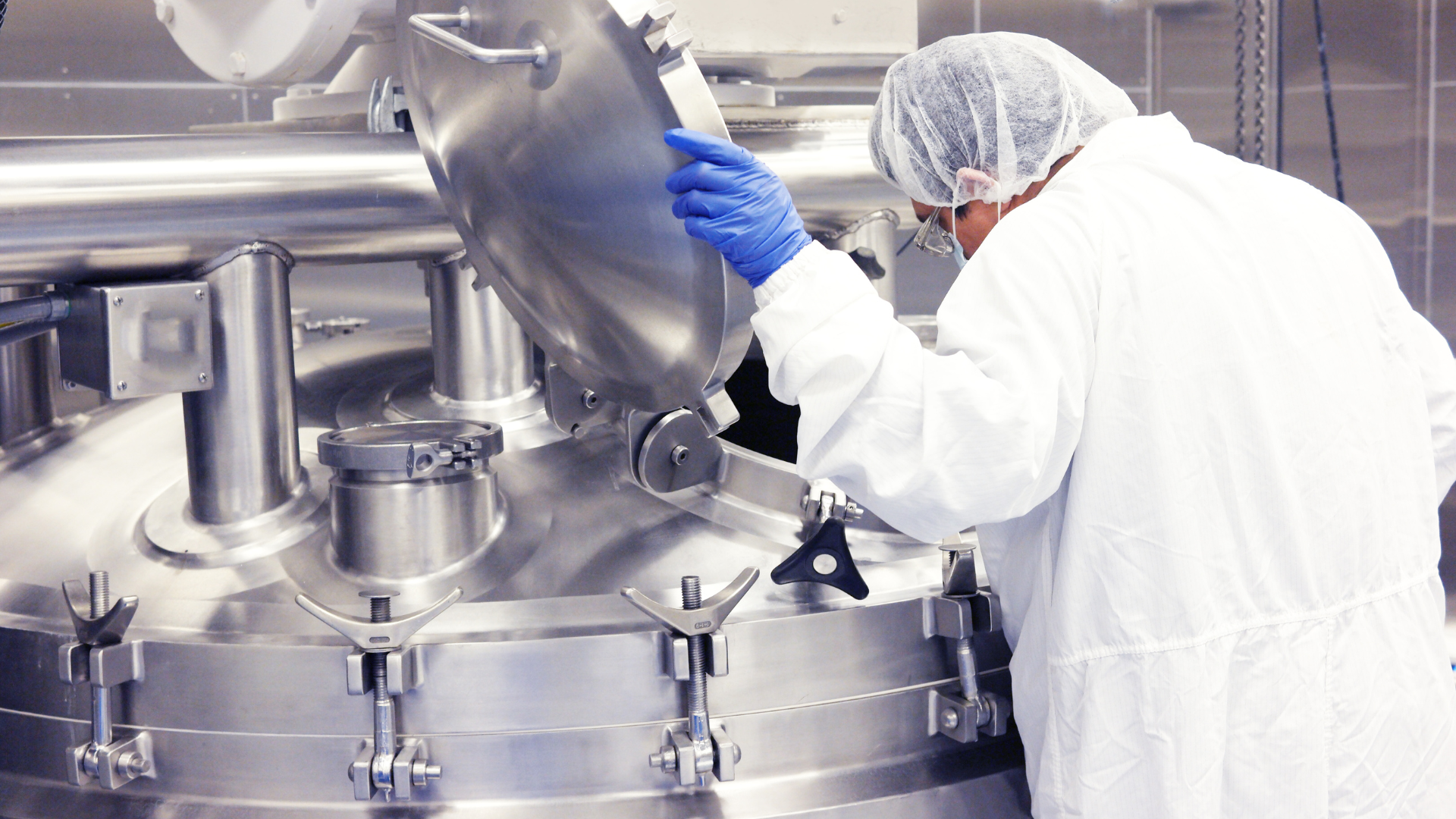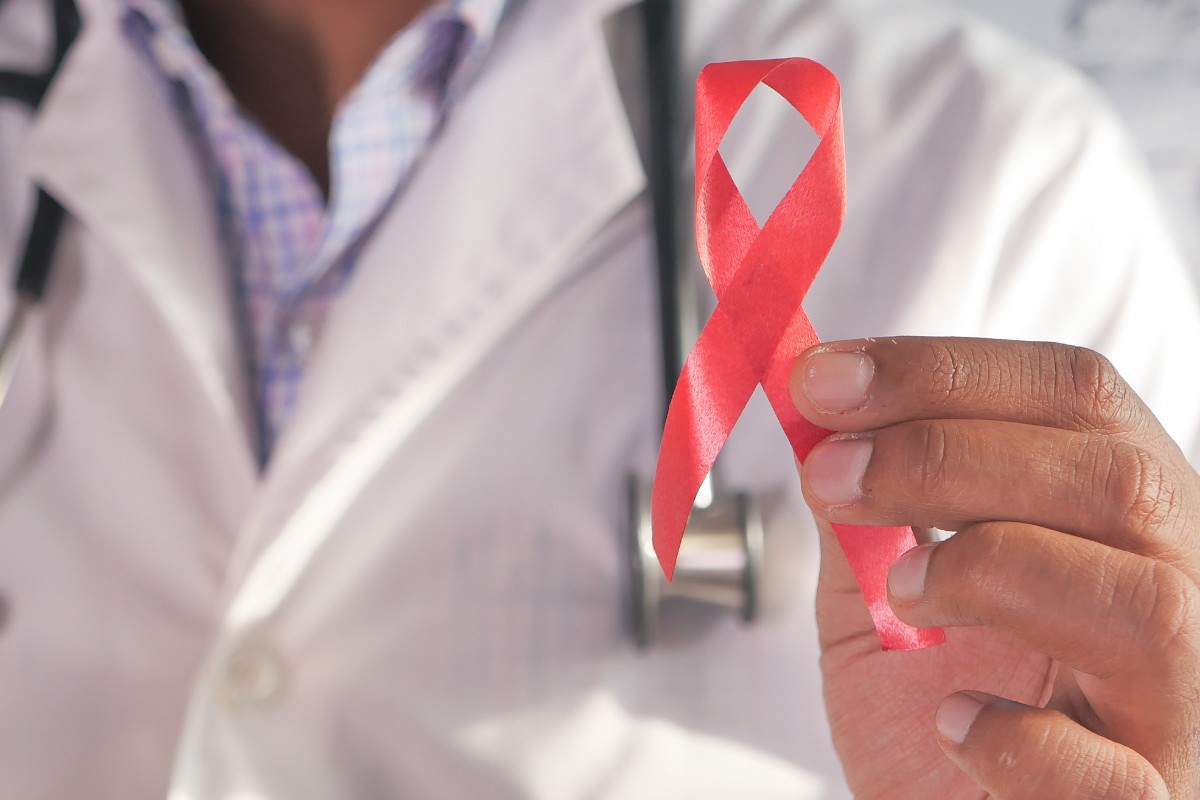FDA Pursues Accelerated Approval Path Following Cell and Gene Therapy Backlog

In response to a backlog of cell and gene therapies awaiting regulatory approval, the FDA has announced a new accelerated approval path.
Part of this has involved the establishment of the Office of Therapeutic Products: a rebrand for the agency's former Office of Tissues and Advanced Therapies, with the aim of significantly improving the efficiency of its workflow for reviewing regulatory submissions.
In addition, the FDA has also committed to doubling its staff intake to respond to a sizable backlog in ongoing trials.
Currently there are more than 2,500 cell and gene therapy trials underway, with the bulk of them initiated between 2016 and 2020, according to Endpoints News.
- Jemprli granted FDA approval in endometrial cancer applications
- What are the most popular modalities for cell and gene engineering?
- Refining analytics for gene delivery systems
By contrast, the FDA says it hopes to approve 10 to 25 therapies a year by 2025, giving some context to the scale of the backlog faced.
While the FDA intends to expand its ranks of reviewers, it will be several years before its capabilities can satisfy the backlog of therapies awaiting approval.
Cell&Gene.com reports that the median time for a trial therapeutic moving from phase I through to filing for approval is nine years.
Cell and Gene Therapy Trials: Steps Taken to Improve Approval Rates
The FDA has made increasing the approval rate for cell and gene therapies a key priority, and the establishment of the Office of Therapeutic Products shows that the regulator is serious in its efforts to address the backlog of outstanding approvals.
The announcement comes with the news that the cell and gene therapy manufacturing market is now worth US$ 19.3 billion, with a compound annual growth rate (CAGR) of 29% between 2022 and 2023.
Some of the cell and gene therapies approved in 2022 included Janssen Biotech's CARVYKTI, an autologous CAR T cell therapy, and CSL Behring's HEMGENIX, an AAV (adeno-associated virus) treatment.
If the legislative infrastructure can be put in place to facilitate accelerated approval then there is ample room for further growth and expansion in the market.
However, with a shortage of potential FDA recruits with the relevant experience to make the call on CGT approvals, the regulatory pipeline will likely be backed up for the foreseeable future.
Get your weekly dose of industry news and announcements here, or head over to our Cell portal to catch up with the latest advances in cellular therapies.







